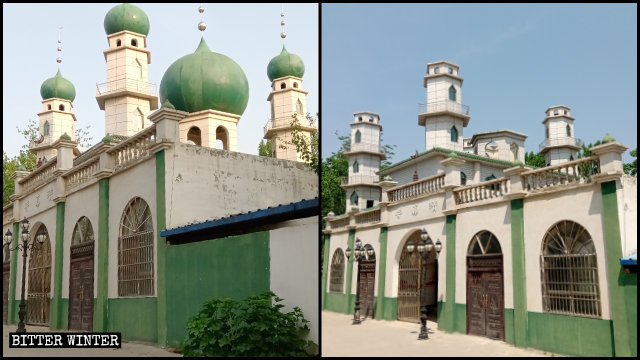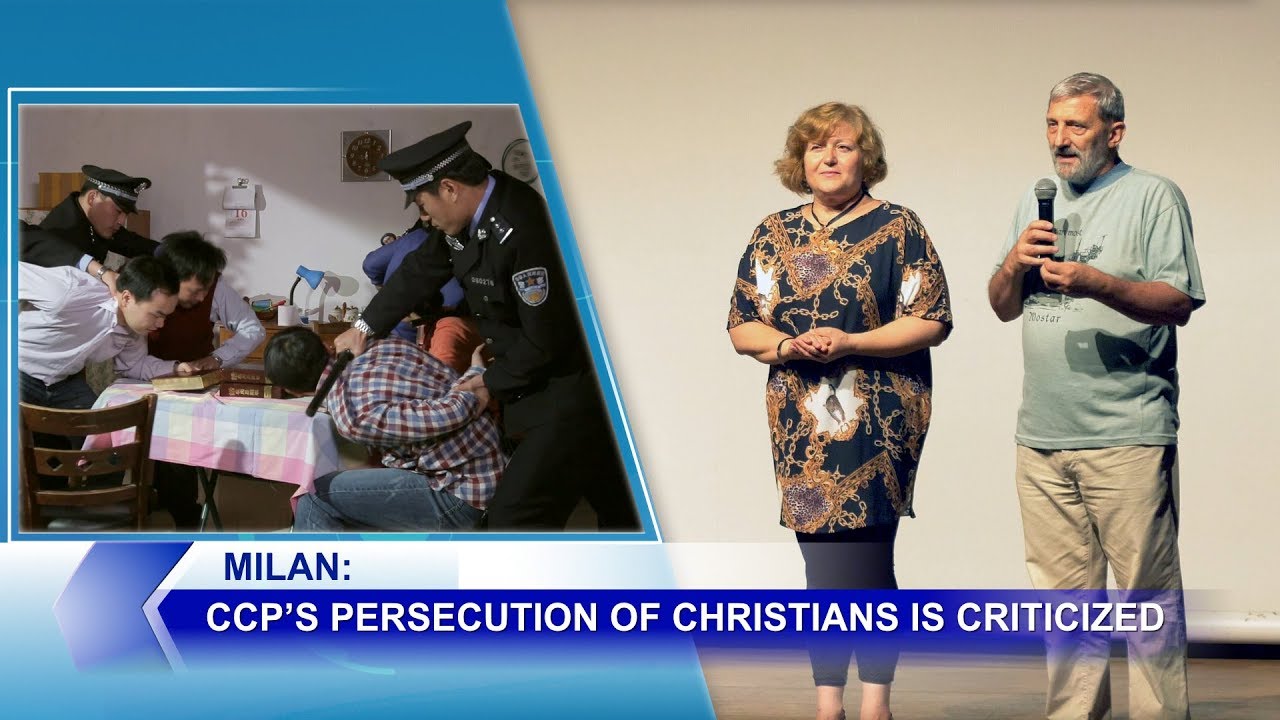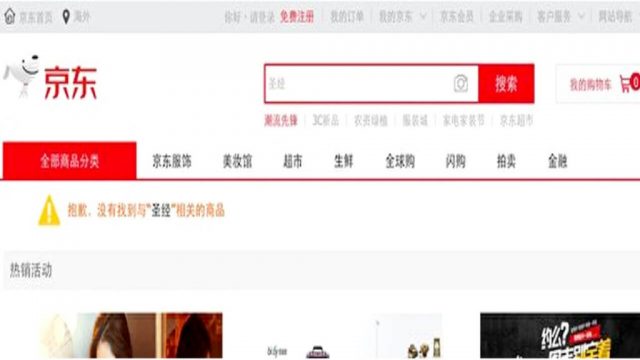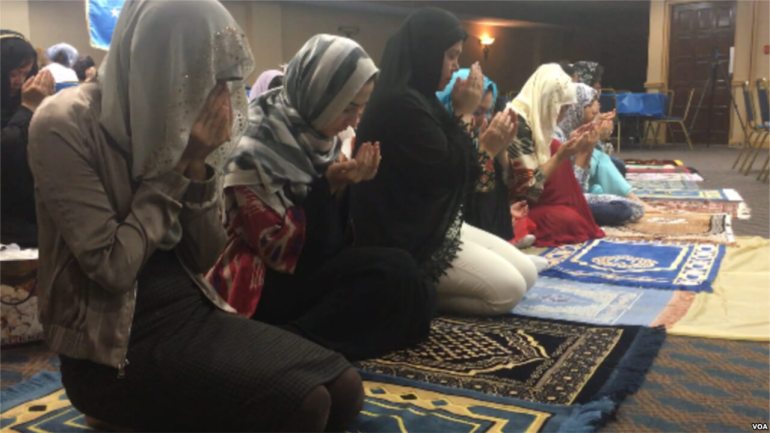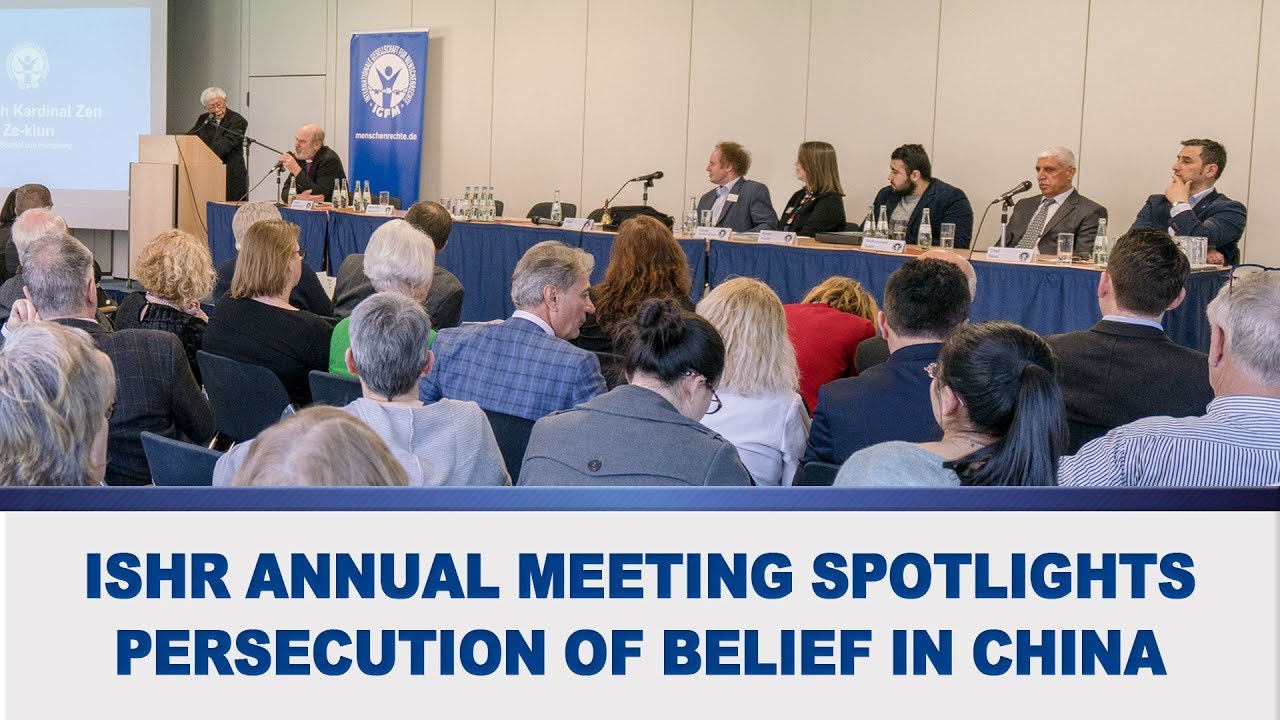WASHINGTON – In an effort to refute a recently leaked document that allegedly details China’s massive detention system targeting the minority Uighurs, the Chinese state-owned outlet China Daily is airing two video clips that seemingly support information found in the document.
The videos show three Uighurs who were reportedly in the leaked documents but whose identities were never made available to the media.
The Karakax List contains a record of 311 Uighurs, from Karakax in southwest Xinjiang prefecture, who were allegedly sent to the so-called reeducation camps.
The document, first leaked to a group of China researchers by sources inside Xinjiang, showed that Chinese officials arrested people for acts such as growing a beard, wearing a face veil and getting married in a religious ceremony.
Chinese officials have called the leaked document a fabrication to distort the image of China.

China Daily videos
In one of the videos, published last Saturday by China Daily, three Uighurs, who were allegedly on the Karakax List, told their stories.
One of the people, a 46-year-old woman named Bulitiji Balati, is shown in the video thanking the Chinese Communist Party for securing her “a good life,” while at the same time calling details about her detention, as described on the Karakax List, “an insult to me.” She said in the video, “It is just a rumor and trouble made out of nothing.” The other two Uighurs, Abduaihaiti Yusupu and Abudusaimaiti Abudureheman, gave similar accounts in the video.
Adrian Zenz, a senior fellow in China studies at the Victims of Communism Memorial Foundation and one of the key researchers who obtained the document, told VOA that details of the three Uighurs shown in the video were never made public by the report by his team. That information raises questions about whether China Daily got access to the document known as the Karakax List from the Chinese government.
“We have not published the full leaked document. Also, Bulitiji Balati’s details were not in any Western media or my report, nor in a section of the document that we have made public. She is not mentioned in the leaked document until rows 298 and 590. This means that the Chinese state has the full document, which we have not yet made public,” Zenz told VOA.
Officials in Beijing have called the documents an attempt to “smear China’s counterterrorism and deradicalization measures.”
Karakax List
Karakax County Governor Mehmutjan Umarjan said during a press conference Saturday in Xinjiang’s capital, Urumqi, that many people mentioned in the document did not receive “vocational education and training,” except for a few “who were affected by religious extremism and committed minor offenses.”
A U.S. State Department official who did not wish to be named told VOA that the leaked Karakax List was consistent with “an overwhelming and growing body of evidence that exposes the Chinese Communist Party’s war on faith and campaign of repression targeting Uighurs, ethnic Kazakhs, Kyrgyz and other Muslims in Xinjiang.”
Contrary to Beijing’s claims that the detention centers were voluntary “vocational camps,” the U.S. official said detained Uighurs were being held against their will for acts such as praying or wearing religious attire.
Abduweli Ayup, a Norway-based Uighur linguist and researcher who obtained the document, said the multiple rebuff statements by the Chinese officials show the government is finding itself under increased pressure as the world continues to learn and seek more information about the Xinjiang crackdown.
“While trying to disprove the existence of the document, (the) Chinese government confirmed the authenticity of the Karakax List by giving press conferences on the full list, which was not made public and interviewing the victims whose identities were never made public in the media or our report,” Ayup told VOA in a phone interview.
Since 2017, China has been accused of detaining almost 1.8 million Uighurs and other minority Muslim groups in mass incarceration camps, where they are allegedly forced to abandon their religion. Those outside the camps are believed to be under strict government surveillance with no access to the outside world.
Source: VOA



